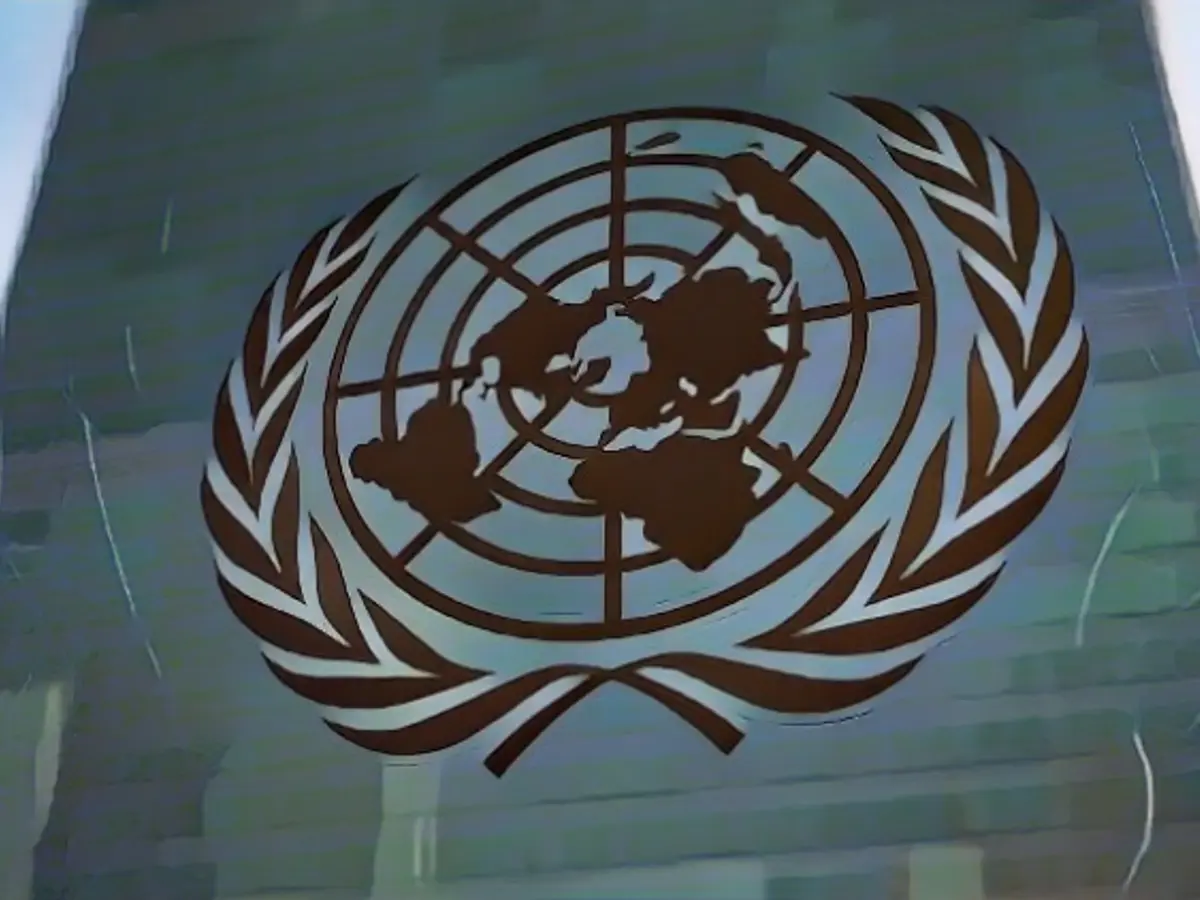Israeli Attacks in Gaza criticized by WHO Spokesperson
During a United Nations briefing in Geneva, World Health Organization (WHO) spokesperson Christian Lindmeier voiced strong criticism towards the ongoing Israeli attacks in the Gaza Strip. The two-month-long conflicts have gone beyond self-defense, affecting the entire population, Lindmeier asserted. The health sector has been severely damaged, making it nearly impossible to provide medical care, he added.
Israel's justification of their actions as self-defense is questioned by WHO
While the Israeli government contends that their actions are necessary self-defense against extremist Palestinian groups like Hamas, the WHO has called for an immediate ceasefire. According to Lindmeier, even close allies of Israel have voiced concerns about the indiscriminate bombing, causing further harm to the already fragile region.
Impact on civilians and healthcare infrastructure
The Israeli military actions in Gaza have resulted in significant damage to the healthcare sector. Half of Gaza's 36 hospitals are partially operational, with nearly all hospital facilities having been damaged or destroyed. Only 38% of primary healthcare centers are functioning, leaving around 30,000 people with life-changing injuries requiring ongoing rehabilitation [1][2].
The UN Relief and Works Agency for Palestine Refugees in the Near East (UNRWA) is providing essential services like psychological support, group counseling, and fatigue management sessions to help scale up aid delivery [1].
Despite these efforts, Gaza's civil population has suffered greatly. The war has generated a massive amount of debris, affecting housing and infrastructure. Over 90% of housing units have been damaged or destroyed [1][2].
Shocking civilian casualties and displacement rates
An estimated 17,000 children have been separated from their families due to the conflict, with over 1.9 million people (90% of Gaza’s population) displaced [1][2]. With thousands dead and injured, the crisis has caused a chilling effect on humanitarian agencies operating in Gaza, as evidenced by the tragic death of seven World Central Kitchen employees and the shooting of World Food Programme workers [4].
The UN has reported numerous violations of international law, including attacks on medical facilities, schools, and humanitarian zones [1][5]. Israeli inspectors have also rejected critical supplies, such as chlorine tablets for water purification, further complicating the delivery of essential aid [4].








